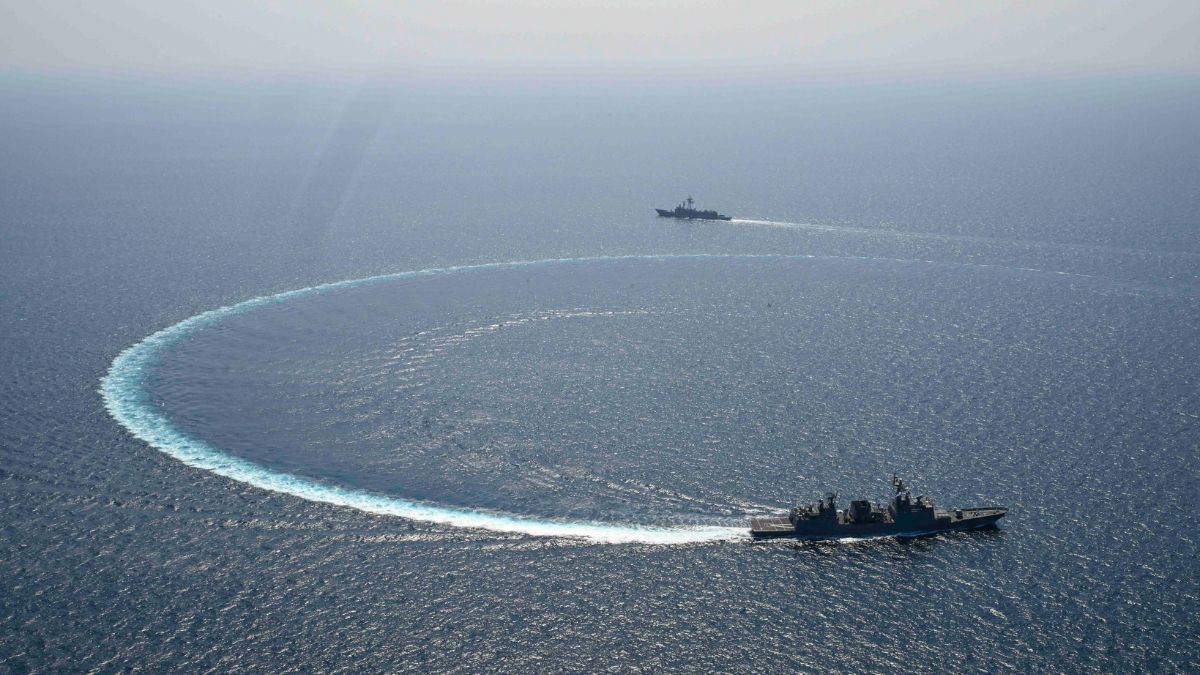What are counter-piracy exercises? EU naval force Atalanta's recent drills show why they matter

The European Union's naval force Atalanta, one of many naval forces designed to combat piracy in the Western Indian Ocean (WIO), recently took part in a maritime security exercise.
According to EUNAVFOR Atalanta Operation Commander Vice Admiral Ignacio Villanueva Serrano, the maritime exercises were part of the wider Doraleh II exercise conducted three weeks ago.
These are aimed at improving regional cooperation, maritime security, and capacity enhancement among nations/institutions related to maritime security in the WIO, the naval force has said earlier.
A practical part of the Doraleh II exercises from October 26-30 was a counter-piracy exercise, conducted alongside EUNAVFOR Atalanta flagship ESPS Victoria, JS Harusame, the Japanese P3C aircraft (such aircraft have enhanced maritime patrol capabilities), one patrol boat of the Djibouti Navy, a Special Operations team of the Atalanta and the Japan Self-Defense Forces (JSDF) in Djibouti.
"The exercise was successfully executed, demonstrating coordination between regional and international maritime forces, and the shared commitment to maritime security," Serrano said.
What are counter-piracy exercises?
Counter-piracy exercises are those aimed at combating and preventing rogue vessels (pirate vessels) from operating at sea, which cause harm to maritime trade operations and the crew engaged in them.
In the case of the Western Indian Ocean, parts of it have become vulnerable over time, the Institute for Security Studies (ISS) Africa (a maritime think tank) notes, citing "overstretched naval deployments and a focus on Red Sea security".
The think tank article also points out the resurgence of Somali pirate activity earlier this month as a case for conducting maritime exercises. However, it also adds that the attacks were not a signal of a major resurgence of piracy, only because of counter-piracy measures at sea that were keeping them at bay.
The most recent example of that was a foiled pirate attack on the Cayman Islands-flagged MV Stolt Sagaland, a chemical tanker, off the Somali coast.
Days later, the same happened to Maltese-flagged MV Hellas Aphrodite, another chemical tanker, which managed to retain control until the EUNAVFOR Atalanta's ESPS Victoria arrived on the scene to defend the tanker.
As the need arises for such offshoots of former levels of piracy to be nipped in the bud as soon as possible, improved onboard security details, increased naval patrols, maritime activities such as counter-piracy exercises, and rapid responses to incidents at sea are the best ways to go forward.
Maritime